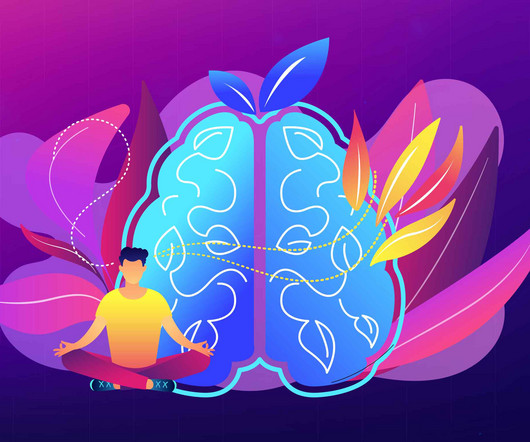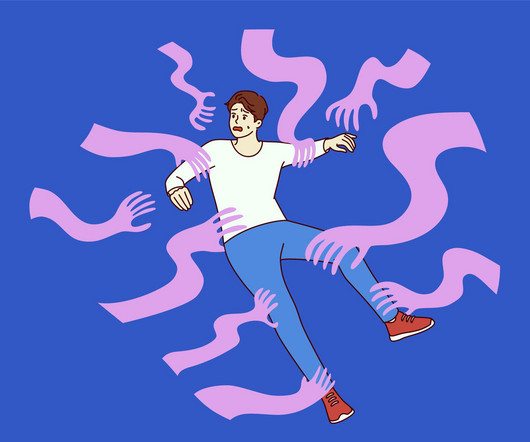Staying Grounded: The 3-3-3 Rule for Anxiety
Clear Behavioral Health
JUNE 20, 2025
The 3-3-3 rule for anxiety can help you calm yourself when your anxiety spikes [1]. Anxiety is a common condition in the United States, with about 3.1% of the population having a diagnosed anxiety disorder [2]. In addition, group therapy , or anxiety support groups, bring a sense of community.












Let's personalize your content